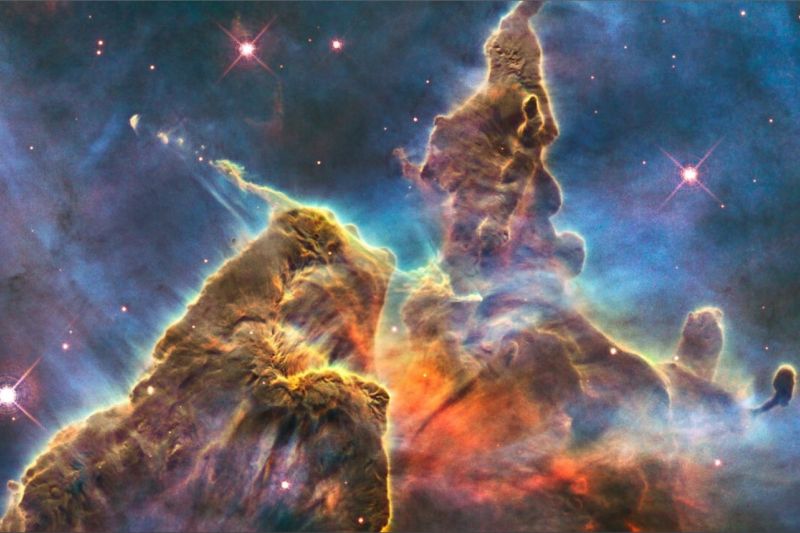When the first reports about the attack came in on Friday morning (local time), this was immediately noticeable. WeChat and Weibo, Chinese social media platforms, were filled with cheers. “An unexpected holiday,” is one of the comments that got thousands of likes on Weibo. The message ‘It’s time to party!’ got 300,000 likes.
When it was confirmed later in the day that Abe had died, the stream of “congratulations” continued. It also showed how restaurants offered discounts to ‘celebrate’ the news. Images were also shared on Friday evening of dances celebrating Abe’s death. According to a BBC analysis, the most popular Weibo posts on Friday were upbeat reports of Abe’s death.
–
–
And that while the Chinese government tries to remain diplomatic, with condolences and best wishes to Japan and Abe’s relatives. On Friday, a spokesman for China’s foreign ministry declined to comment on the statements made by Chinese people online.
–
–
Sympathy for Abe breeds mistrust
Chinese sympathetic to Abe also had a hard time: a Chinese journalist who covered the attack on live television was visibly emotional. She could barely hold back her tears. She was subsequently scorned by Chinese internet users, who wondered whether she is ‘truly Chinese’.
Anti-Japanese sentiment is still rampant in China, especially because of World War II. The Japanese misdeeds are still frequently emphasized on Chinese television and in education.
–
–
Abe was known as ‘anti-China’
Shinzo Abe was also seen as a political leader with an anti-China character. He was a proponent of strong ties with Taiwan, which China sees as a renegade province. His foreign policy was also characterized by fighting Chinese influences in Asia, both economically and militarily.
According to Matthew Schmidt, director of international relations at the University of New Haven, the sentiment is easy to explain. “Abe was controversial in China because his principled position was, ‘I want a Japan that is no longer tied to World War II history.'” Comments on Chinese social media explain this as a distortion of history, which consists of Japanese misdeeds throughout Asia.
–
–
And that is the main cause of the Chinese attitude towards Abe: his alleged whitewashing of the Japanese occupation of China, and especially the Nanjing massacre in 1937. Abe would not take this act of Japanese aggression seriously and would have even denied it. In reality, Abe did acknowledge history, but refused to apologize for it, as some of his predecessors had done.
The outbursts of joy that followed the attack were therefore ‘understandable’, according to prominent Chinese commentator Hu Xijin. But, he warns, “Chinese people should be careful with these kinds of statements. Outside forces will want to use our words to denigrate China”.
–
–


